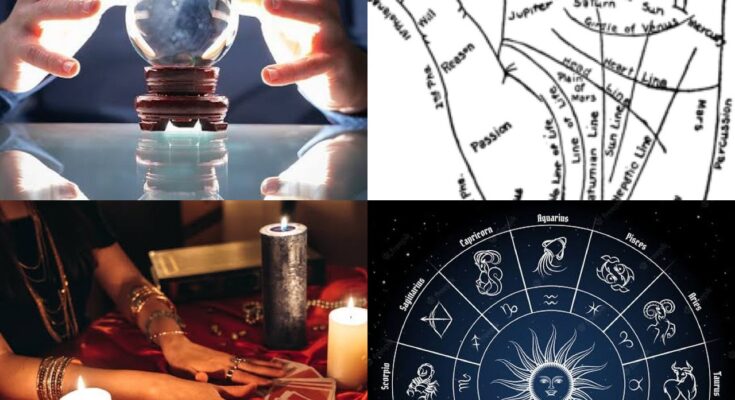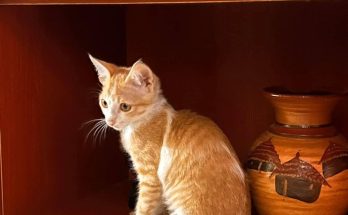Have you ever wondered what the future will be for you and your family?
Does it promise riches or ruin, love or loneliness? Will you live a long life, or will your life be cut short? People have speculated about such questions for thousands of years.
Today experts study global trends and make projections about the future. While many of their forecasts have come true, others have failed, some miserably.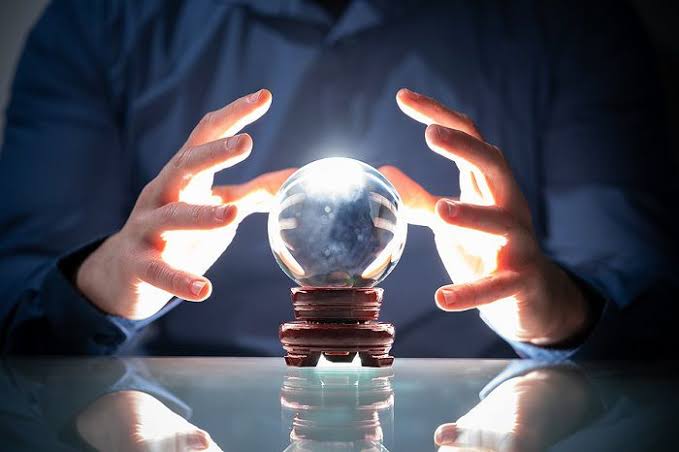 For example, in 1912, Guglielmo Mar-coni, the inventor of a wireless telegraph, was quoted as predicting: “The coming of the wireless era will make war impossible.” And an agent of the Decca Record Company, who rejected the Beatles in 1962, believed that guitar-playing groups were on the way out.
For example, in 1912, Guglielmo Mar-coni, the inventor of a wireless telegraph, was quoted as predicting: “The coming of the wireless era will make war impossible.” And an agent of the Decca Record Company, who rejected the Beatles in 1962, believed that guitar-playing groups were on the way out.
Many turn to the supernatural for clues about the future. Some seek the advice of astrologers; horoscopes are a regular feature in many magazines and newspapers. Others consult fortune-tellers or psychics, who claim to “read” the future by interpreting patterns in tarot cards, numbers, or the lines of one’s hand.
In their effort to discern the future, some in the ancient world consulted oracles -priests or priestesses who passed on information from the god they claimed to represent.
For instance, it is said that King Croesus of Lydia sent gifts of great value to the oracle at Delphi, Greece, with a request to learn what the outcome would be if he fought against Cyrus of Persia. The oracle said that Croesus would destroy “a great empire” if he marched against Cyrus. Confident of victory, Croesus sallied forth, but the great empire that was destroyed was his own!
The ambiguous forecast of the oracle was worthless; it would have appeared true no matter which side won the war.
Croesus paid dearly for misinformation that brought him disaster. Have those who turn to today’s popular methods of predicting the future fared any better?
ASTROLOGY
Astrology is a form of divination that holds that the stars, the moon, and the planets significantly influence the lives of people on earth.
Astrologers claim that the position of these celestial bodies at the time of one’s birth shapes his or her personality and future.
Though the roots of astrology can be traced to ancient Babylon, it remains popular.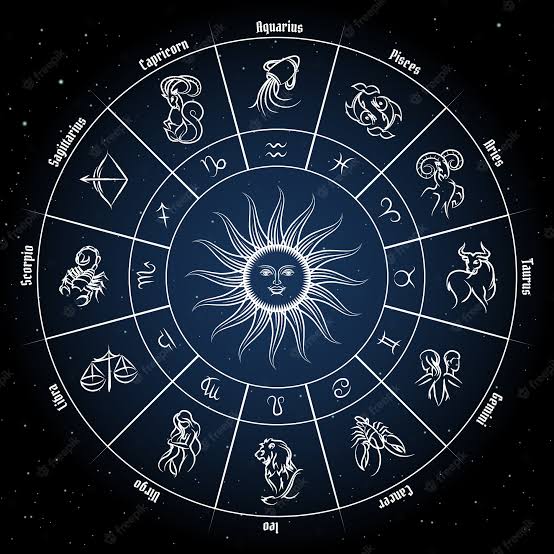 According to a 2012 survey in the United States, one third of those surveyed thought that astrology was “sort of scientific,” and 10 percent said that it was “very scientific.”
According to a 2012 survey in the United States, one third of those surveyed thought that astrology was “sort of scientific,” and 10 percent said that it was “very scientific.”
Is it? No. Here is why.
The planets and stars emit no force that could affect humans the way astrologers say they do. Often the predictions are so general that they could apply to anyone.
Astrological calculations today are made according to the ancient belief that the planets revolve around the earth. In fact, the planets revolve around the sun.
Predictions made by different astrologers for the same individual do not match.
Astrology classifies people under one of 12 categories, or zodiac signs, according to their date of birth.
Because of changes in earth’s position in space over the centuries, the dates associated with the signs of the zodiac no longer correspond to when the sun passes through the constellations for which the signs were named.
The zodiac signs are said to give clues to a person’s character. In reality, people who have the same birthday do not have the same traits; one’s birth date reveals nothing about his or her personality.
Instead of seeing people as they really are, astrologers judge a person’s behavior and character by a set of assumptions. Is this not a form of prejudice?
FORTUNE-TELLING.
From ancient times, people have consulted fortune-tellers. Some practitioners looked for meaning in such things as the entrails of animals and humans or the way a rooster pecks at its grain. Others made projections based on patterns in tea leaves or coffee grounds.
Today they use tarot cards, crystal balls, dice, and other means to “read” a person’s future. Is fortune-telling a reliable way to discern the future? No, it is not. Let us reason on the matter.
Consider the issue of consistency.
The predictions of differing fortune-telling methods often contradict one another. Even when the same method is used, forecasts vary. For example, if a person asks two fortune-tellers the same question about the future based on the “reading” of the same cards, logically the answers should be the same.
But often they are not.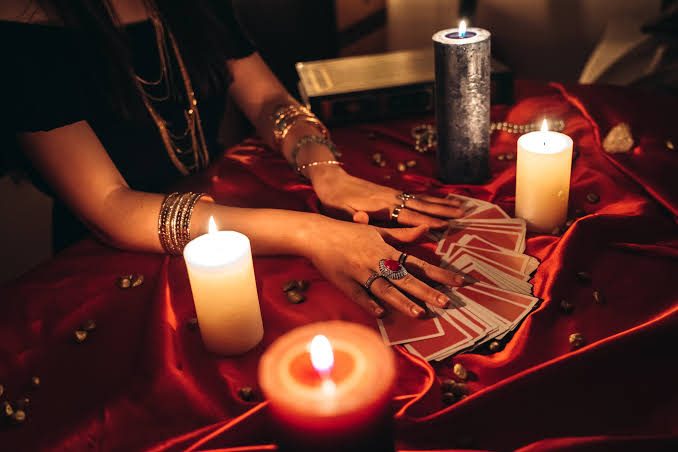 Fortune-tellers’ methods or motives have come under suspicion. Critics say that the cards or crystal balls are mere props and that the fortune-teller reads the person’s reactions rather than the props. For example, a skilled fortune-teller will ask general questions and carefully watch for verbal and nonverbal clues that could reveal something about the client.
Fortune-tellers’ methods or motives have come under suspicion. Critics say that the cards or crystal balls are mere props and that the fortune-teller reads the person’s reactions rather than the props. For example, a skilled fortune-teller will ask general questions and carefully watch for verbal and nonverbal clues that could reveal something about the client.
The fortune-teller will then take credit for knowing facts and situations that the client has just unknowingly given away.
Having won the client’s trust, some fortune-tellers have been able to obtain large sums of money from their customers.
•Culled from; The Watchtower No. 2 What Does The Future Hold?

